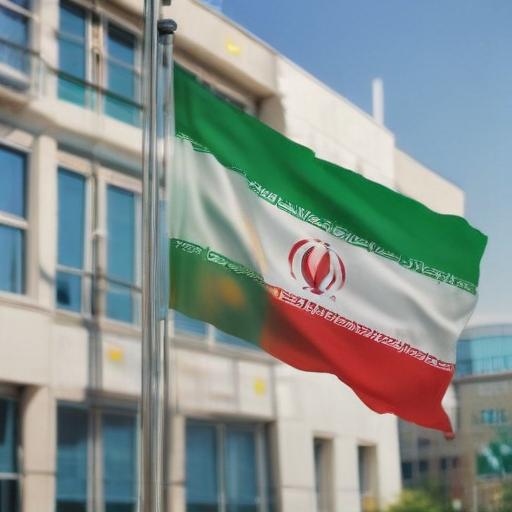In a significant escalation of rhetoric, Iran’s Supreme Leader Ayatollah Ali Khamenei proclaimed a victory over Israel in a televised address following a week of silence. He characterized the conflict as a “slap in the face” to the United States, criticizing U.S. involvement and asserting that its direct military actions had failed to achieve meaningful results.
As tensions escalate, the Iranian government has moved to suspend its cooperation with the International Atomic Energy Agency (IAEA). The Parliament passed legislation allowing this suspension with overwhelming support, leading to the swift endorsement by the Guardian Council, which is composed of clerics appointed by Khamenei. This legislation appears to be a direct response to U.S. airstrikes that have allegedly resulted in significant losses within Iran’s military and scientific communities.
Khamenei dismissed claims that U.S. strikes had severely damaged Iran’s nuclear program, specifically referring to statements from former President Donald Trump that suggested total destruction of key nuclear sites. He emphasized that Iranian forces would incur heavy costs on any attacking parties, reinforcing Iran’s stance that their nuclear program would now advance more rapidly.
The implications of these legislative changes mean that IAEA inspectors will be restricted from entering Iran unless their safety can be assured, and any potential inspections will have to be sanctioned by Iran’s Supreme National Security Council. This could complicate international efforts to monitor Iran’s compliance with nuclear agreements and escalate existing tensions.
IAEA Director Rafael Grossi has voiced grave concerns regarding the potential repercussions of Iran’s non-cooperation, emphasizing the importance of transparency in nuclear activities as part of international obligations.
As the conflict evolves, it is important to note that Iran’s officials have maintained their position of pursuing a peaceful nuclear energy program, even amid accusations of expanding their uranium enrichment levels beyond what is needed for civilian use. Meanwhile, assurances have been made by Iranian President Masoud Pezeshkian regarding readiness to cooperate in regional security efforts and a commitment to peace.
This situation remains fluid and complex, reflecting deep-rooted geopolitical issues surrounding nuclear non-proliferation and regional stability. The world watches closely, hoping for diplomatic solutions to avert any further escalation.
